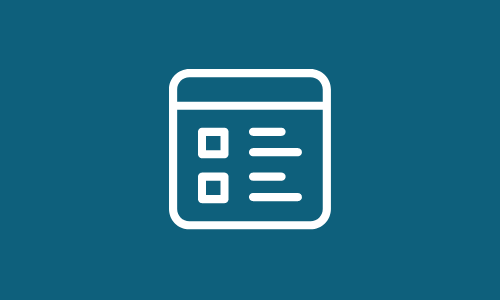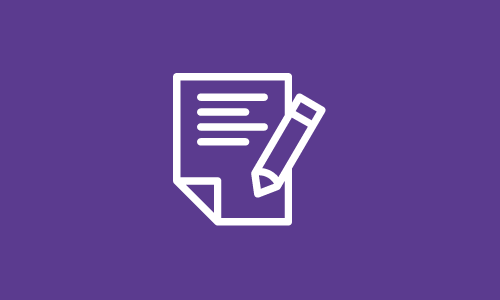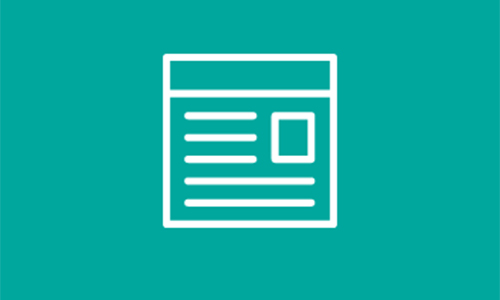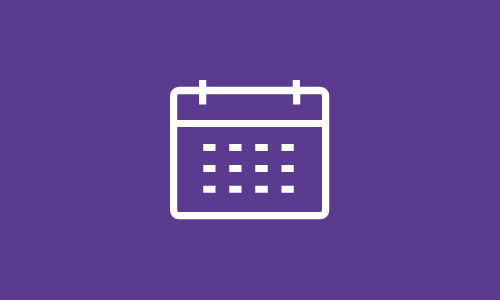

7 things educators can do right now to support student growth and achievement
What can educators do right now to address the potential learning shortfall from COVID-19 school closures in the fall and help students catch up? Here are seven recommendations.
By: Brooke Mabry, John Cronin
Topics: COVID-19 & schools, Empowering educators


MAP Growth K-2 item fit analysis study: A follow-up study
This is a follow-up analysis to the May 2019 item fit analysis study to evaluate the fit of the items whose item difficulties were adjusted in the more recent 2020 follow-up scale alignment study.
By: Wei He
Products: MAP Growth
Topics: Item response theory


Projecting the potential impacts of COVID-19 school closures on academic achievement
While COVID-19 learning interruptions are unprecedented in modern times, existing research on the impacts of missing school (due to absenteeism, regular summer breaks, and school closures) on learning can inform projections of potential learning loss due to the pandemic. In this study, we produce a series of projections of COVID-19-related learning loss and its potential effect on test scores in the 2020-21 school year based on estimates from prior literature and analyses of typical summer learning patterns of five million students.
By: Megan Kuhfeld, James Soland, Beth Tarasawa, Angela Johnson, Erik Ruzek, Jing Liu
Topics: Equity, COVID-19 & schools, Seasonal learning patterns & summer loss


In data collected from virtual learning environments (VLEs), item response theory (IRT) models can be used to guide the ongoing measurement of student ability.
By: Kang Xue, Walter Liete, Anne Corrine Huggins-Manley
Topics: Measurement & scaling


Predicting the difficulty and response time of multiple choice questions using transfer learning
This paper reports on whether transfer learning can improve the prediction of the difficulty and response time parameters for ≈ 18,000 multiple-choice questions from a high-stakes medical exam.
By: Kang Xue, Victoria Yaneva, Christopher Runyon, Peter Baldwin


Validation and applications of rapid guessing to detect test taker disengagement
The International Association for the Evaluation of Educational Achievement (IEA) together with the Leibniz Institute for Research and Information in Education (DIPF) and the Centre for International Student Assessment (ZIB) offer an invitation to a three-day workshop on analyzing log file and process data from international large-scale assessments in education. The event will take place as an interactive webinar and online video conference on June 17th – 19th 2020.
By: Steven Wise
Topics: School & test engagement


Study shows learning loss from school closures could be ‘significant’
In this interview, Dr. Beth Tarasawa and Chris Minnich (NWEA) and Dr. Jesus Jara (Superintendent, Clark County School District), discuss new research projections on potential learning loss from COVID-19 closures and the ongoing efforts to support students during this pandemic.
Nevada Public Radio
Mentions: Beth Tarasawa, Megan Kuhfeld
Topics: COVID-19 & schools, Equity, Seasonal learning patterns & summer loss


